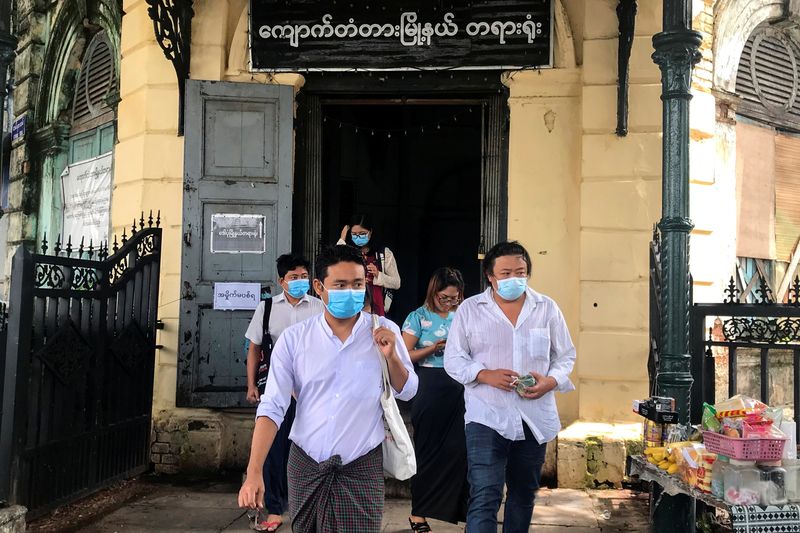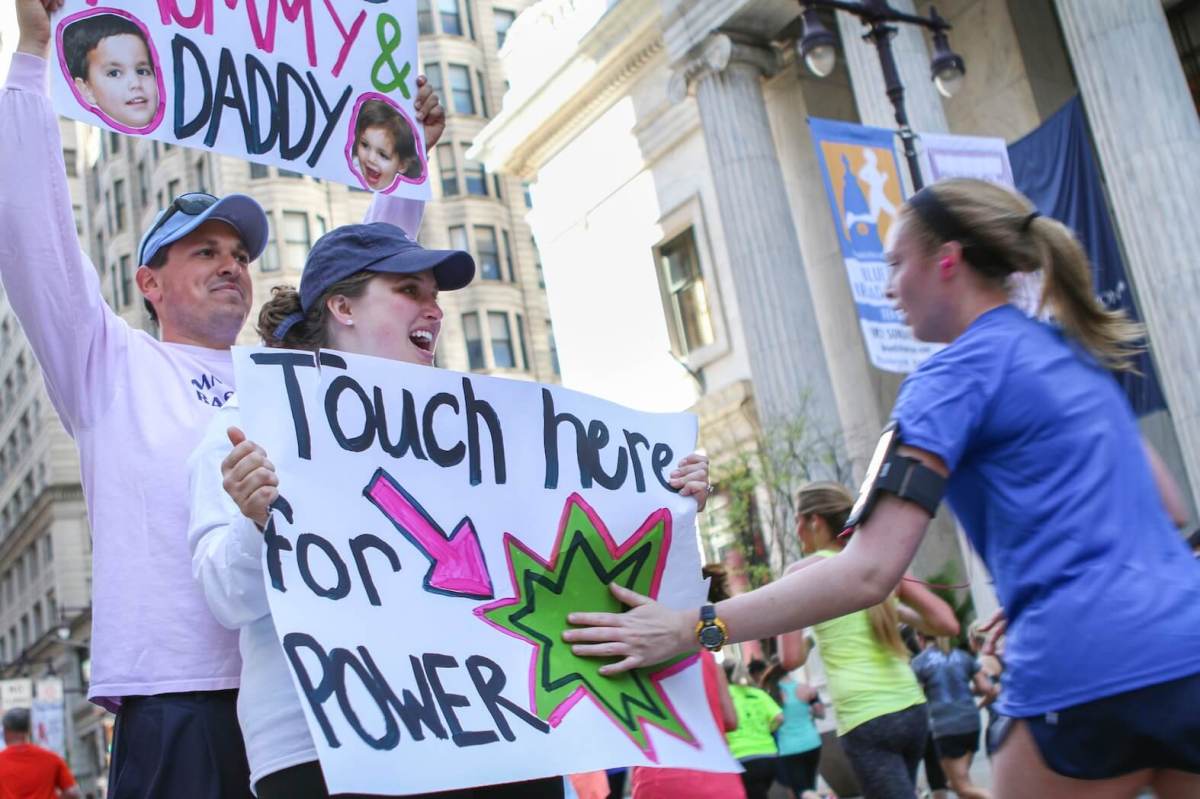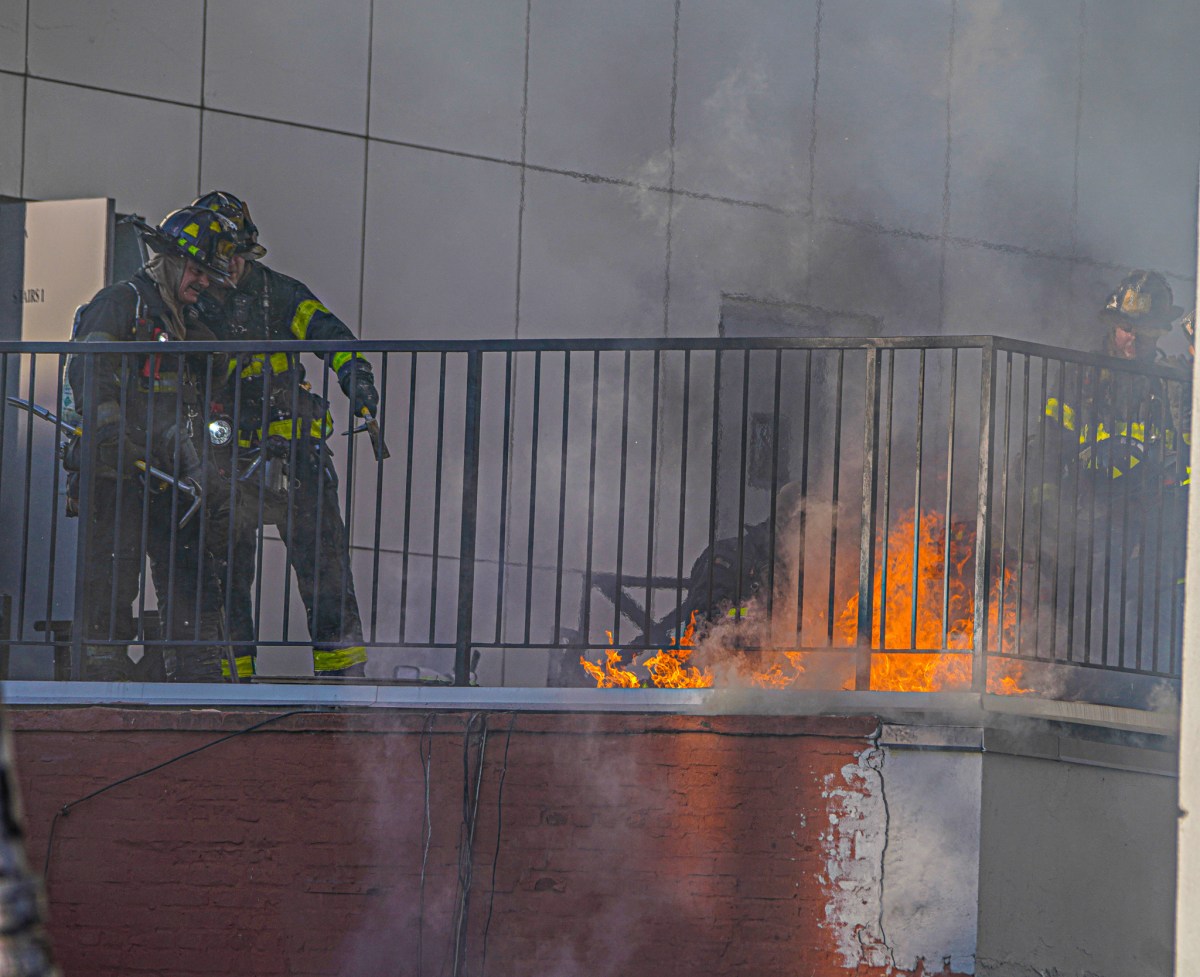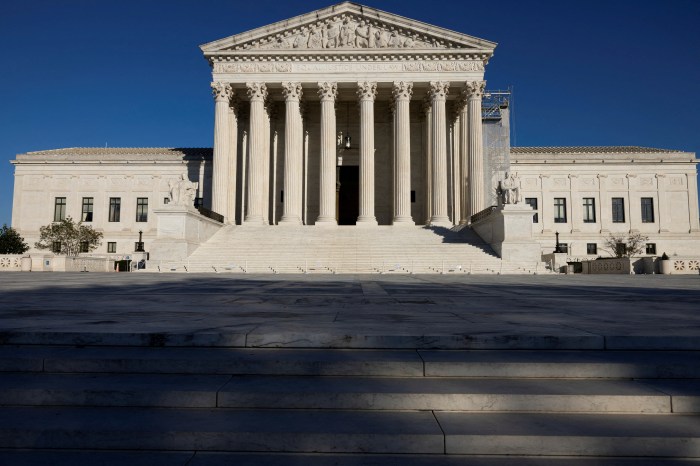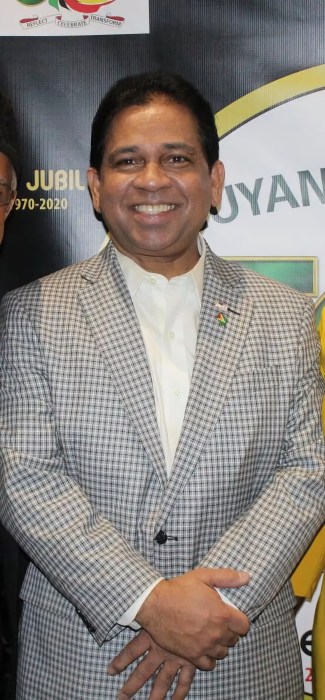(Reuters) – Maung Saung Kha, a prominent Myanmar poet and activist, appeared in court on Tuesday to face accusations that he helped stage an unlawful protest demanding an end to internet blackouts imposed on two of the country’s poorest states.
Since June last year, authorities have shut the internet in Rakhine and neighbouring Chin states – home to about a million people.
Justified on emergency grounds amid a growing insurgency, it is the longest internet blackout in the world, rights groups say.
“People are in a difficult situation because the internet is being shut down and so activists are doing their duty and organizing protests,” Maung Saung Kha told reporters at the end of the hearing in a court in the city of Yangon.
The free-speech activist is accused of putting up a protest banner and faces a police lawsuit filed under part of a Peaceful Assembly Law, which outlaws unauthorized assemblies and can carry a maximum three-month prison sentence, a fine or both.
Rakhine State is the region from which hundreds of thousands of Rohingya Muslims fled in 2017 after a military crackdown that the government said was ordered in response to attacks by Rohingya insurgents.
But since then, a new conflict has emerged between the army and rebels from the largely Buddhist Rakhine ethnic group, a majority in the state.
Last month, on the anniversary of the internet blackout, a banner reading “Is the internet being shut down to hide war crimes and killing people?” was draped on an overpass in the centre of Yangon.
Maung Saung Kha declined to comment to reporters on whether he put the banner up.
Also on the anniversary, Maung Saung Kha organized a virtual protest with hundreds joining a video call. He is not facing charges in connection with that.
He said after the hearing that he should not face charges since no physical assembly had taken place.
The prosecutor declined to comment outside the court.
The next court hearing is due on July 14.
Two youths in Rakhine State also face a lawsuit for taking part in the virtual protest.
In February, nine students were charged under the same law for organizing another protest in Yangon over the internet shutdown.
(Editing by Ed Davies, Robert Birsel)

